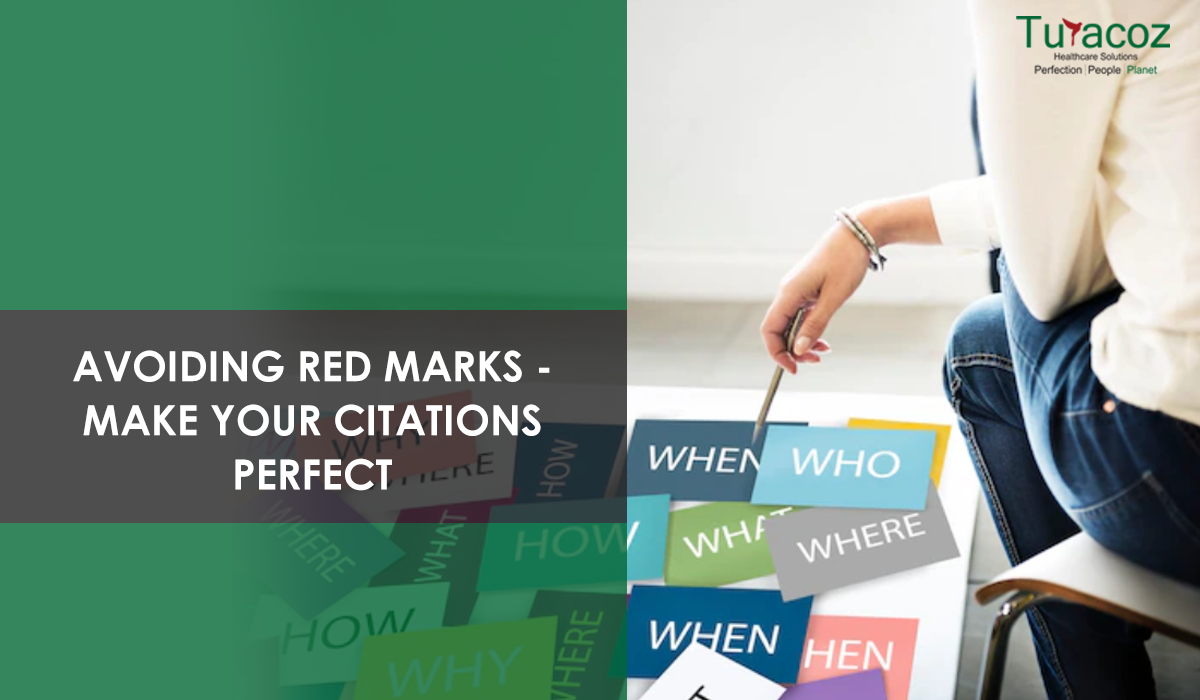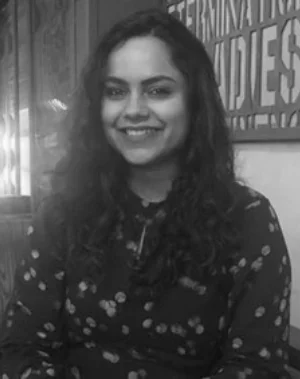You cannot share a single post on social media without acknowledging its original creator. This is exactly how a citation works! Citations are a way to inform people about the source of the information while giving credit to the researchers. If we want to transport science from a journal to a layman, citations are the means for travelling.
Why are Citations important?
The main purpose of drafting articles is to give exact information and contribute to the subject. However, if you do not have evidence to validate your hypothesis or ideas, then the whole plan is disrupted! Citations allow giving credit to deserving authors. It ensures the commitment one shows towards research and the work. With accurate citations, one can always avoid the risk of plagiarism. Copying and paraphrasing without giving citations lead to fraud and infidelity and is undesirable.
The citation is important, from making a specific reference to using some ideas. But it’s tough witnessing poor remarks even after putting so much in an article. Mistakes are not accepted when you are communicating science. So, how to reduce all those red marks on your research paper and make accurate citations?
Some tips and tricks to cite accurately: –
– Excess is bad
Citations are the basis of spreading valid information. However, you are not required to cite every word. If you are writing a paragraph picking information from a research article, you need to add one in-text or parenthetical citation at the end. Use citations only when you are picking up valuable information with strong evidence.
– Follow one style
Do not clutter your research article by using different styles of citations like MLA style or APA style etc. Follow a single style or look for guidelines suggested by the journal. Track these tiny errors by double proofreading your document. It is something we are aware of but often overlook!
– What comes before
Most of the time, small errors lead to rejection. The period in citation will come after the parenthesis. Remember this detail and you will never make a citation go wrong.
– Match them
A manuscript should match its source citations and in-text citations. References contain more in-depth and elaborate citations. They are found at the end and should align with in-text citations. . However, in some instances, such as in-person interviews, there is no space for references because they are not based on previously published works. Hence, they have citations.
What distinguishes citations from references? How to do a literature search? Turacoz has the solutions to these kinds of queries. Turacoz is a medical communications agency offering medical and scientific writing courses to enhance opportunities for medical writers.






































